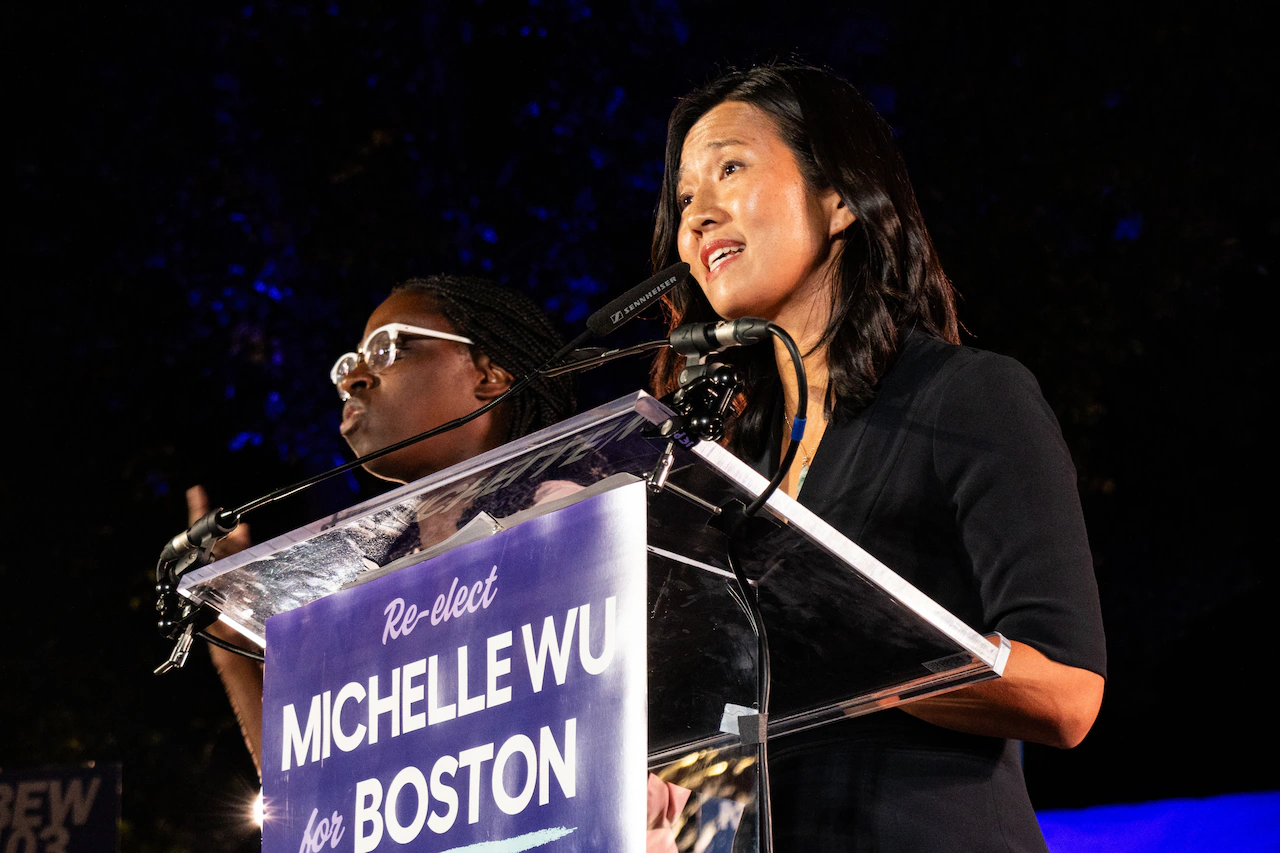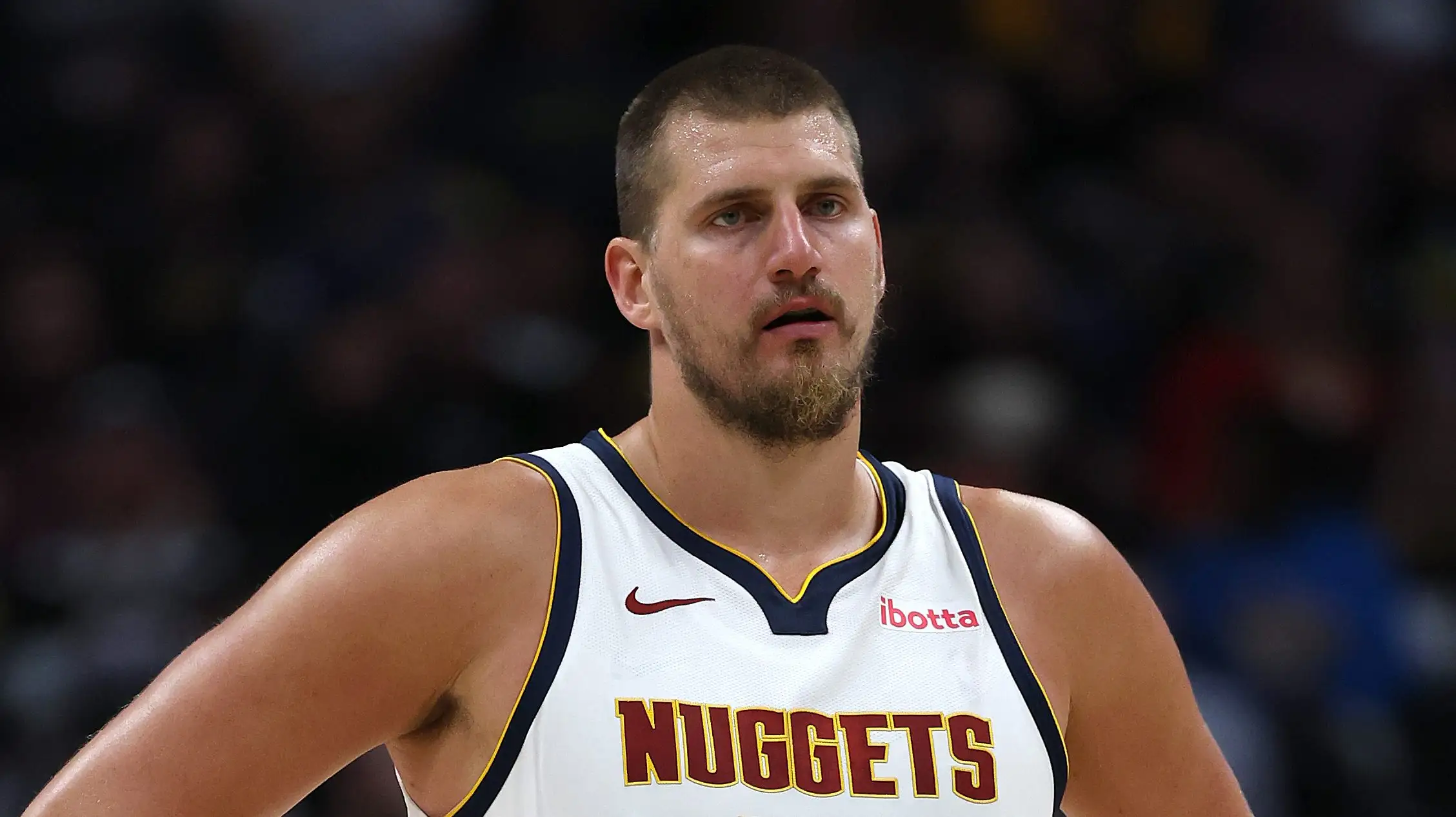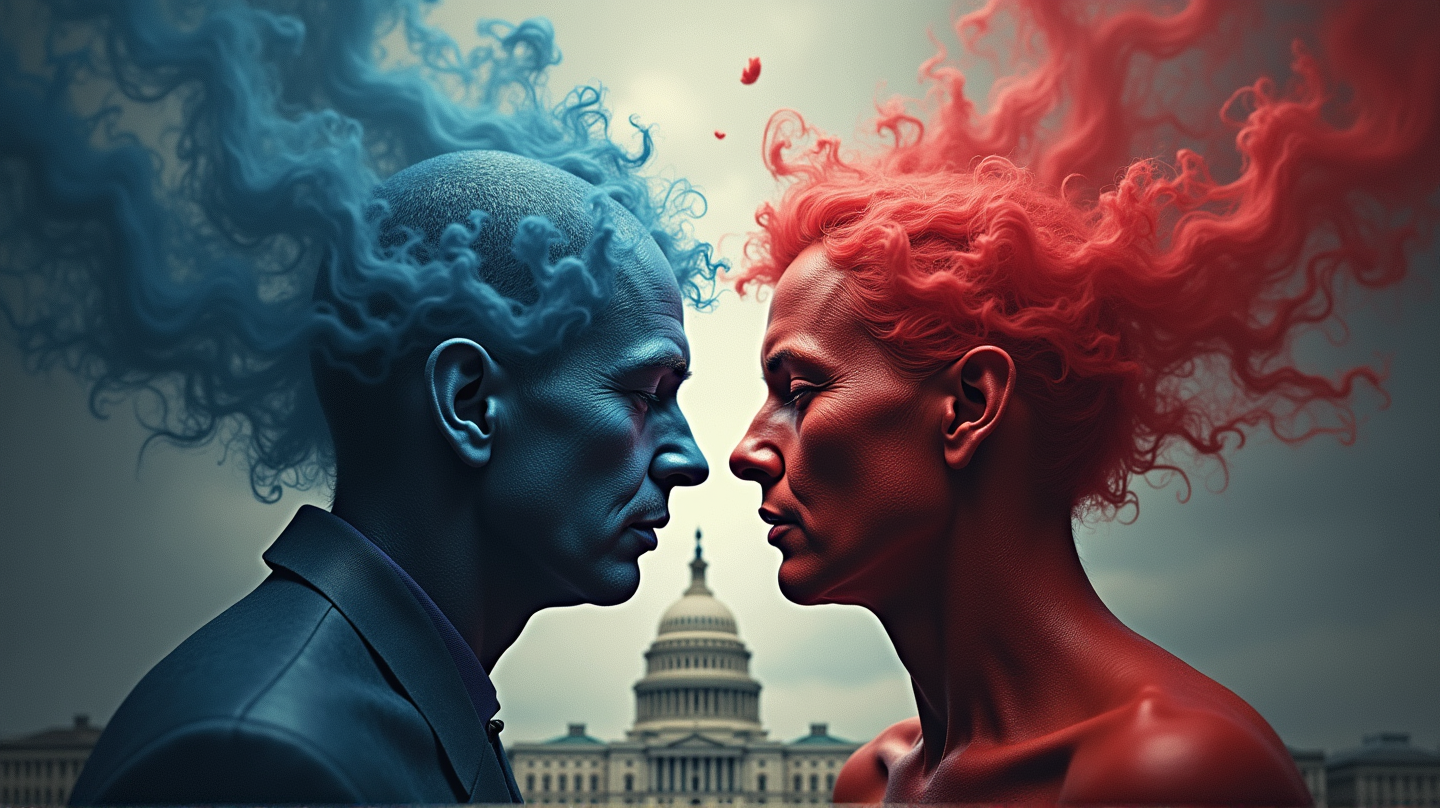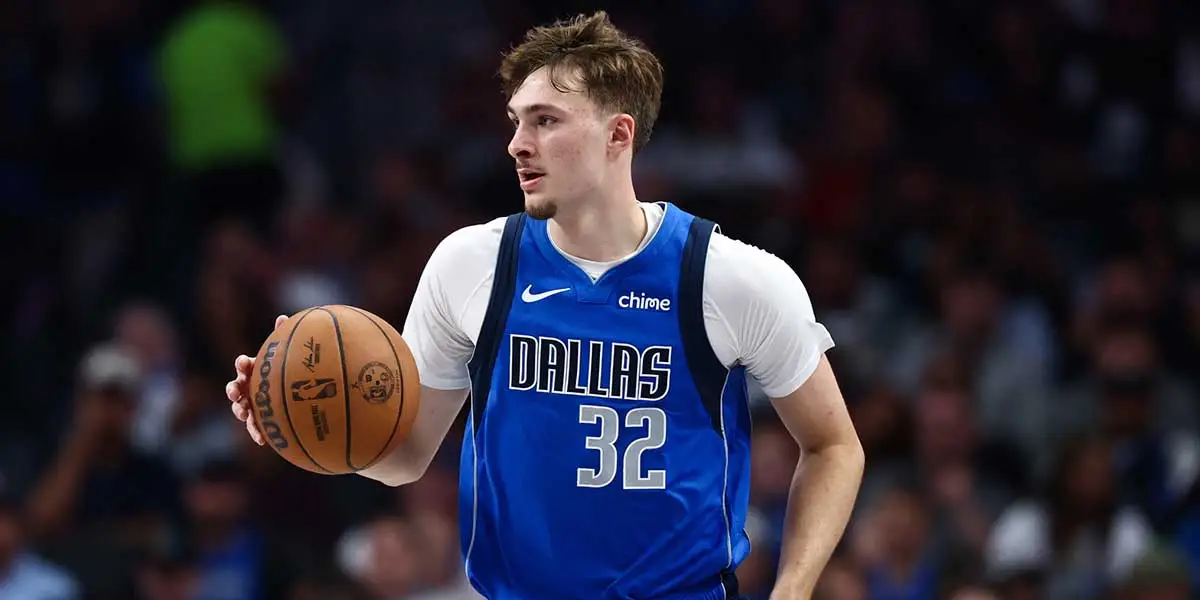Copyright MassLive

Boston Mayor Michelle was poised to secure a second term Tuesday, running in an uncontested general election that was effectively decided two months ago when her top challenger dropped out of the race, according to unofficial vote tallies. The Roslindale resident battled through the spring and summer in an elbows-out campaign against nonprofit leader Josh Kraft, who sharply lodged his discontent with Wu’s performance in office. But signs emerged that voters were unconvinced by his call for change. Polls ahead of the Sept. 9 preliminary election placed Wu’s lead anywhere from 30 to 50 points. When the ballots were counted, Wu emerged with a convincing 72% of the vote. Though Kraft also advanced to the general election with 23% of the vote, the scale of Wu’s victory led him to abandon his campaign days later. Kraft ultimately withdrew his name from the Nov. 4 ballot. Wu has stepped increasingly into the national spotlight this year amid high-profile confrontations with the Trump administration, particularly over immigration and public safety. She has maintained that the city is safe after posting a record-low murder rate last year. Homicides have ticked back up this year. Much of the administration’s focus on Boston has targeted its immigration policies, which prohibit Boston Police from asking a person’s immigration status or cooperating with the federal government on noncriminal immigration matters. In March, Wu and three other Democratic mayors of major cities were called to a Congressional hearing on their local approaches to immigration enforcement. Wu’s capable handling of aggressive questioning by congressional Republicans earned her admiration at home, boosting her case for reelection among constituents who applauded her defense of the city. The campaign touched on a variety of issues, including the city’s redevelopment of White Stadium in Franklin Park, Wu’s expansion of bus and bike lanes throughout, the state of Boston schools, Boston’s thin housing stock and stagnant construction and the public health crisis near the intersection of Massachusetts Avenue and Melnea Cass Boulevard. More commonly known as Mass and Cass, the area is considered the epicenter of the region’s interwoven homelessness and public drug use crises. The city’s difficulty in solving it has become a particularly thorny and emotional issue, especially for nearby residents in the South End, South Boston and Roxbury. After dropping out, Kraft, the son of New England Patriots owner Robert Kraft, and a longtime Boston-area philanthropist, said he intended to devote his energy — and $3 million in resources — to organizations working at Mass and Cass. “When I kept looking at the next eight weeks, the negativity, and all that it was going to be about, I realized, wow, I can do more. I can make a better impact for the residents of the city of Boston,” Kraft told WCVB-TV in Boston when he dropped out of the race. With her victory all but assured, Wu has focused on supporting her allies’ bids for City Council. She said she voted for three candidates in the at-large council race’s preliminary election: Council President Ruthzee Louijeune, incumbent Councilor Henry Santana and challenger Alexandra Valdez, according to The Boston Globe. Incumbent at-large Councilors Erin Murphy and Julia Mejia are also running for reelection. They are joined by three challengers: former District 3 Councilor Frank Baker, Marvin Mathelier and Will Onuoha. Santana was widely considered the most vulnerable of the incumbents. He and Louijeune both appeared alongside Wu’s Election Night party in the Seaport.



